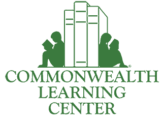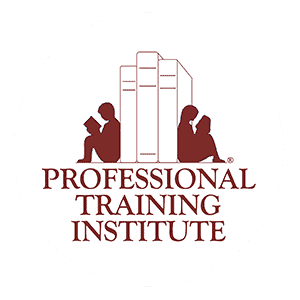Reading Aloud—So Much More Than Sharing a Story
Sue Palmer, F/AOGPE2021-10-05T13:03:44+00:00A regular read-aloud routine is wonderful for bonding and instilling a love of literature—but reading to children does so much more, from building vocabulary to fostering overall language development.Since younger children are generally only able to decode a more limited number of words, hearing words is highly impactful in expanding their vocabulary, and reading aloud can help them gain this auditory exposure. As children mature and learn to read themselves, they will be introduced to new vocabulary on their own—but older children enjoy being read to as well! It may be that a book on a high-interest topic is just beyond [...]













